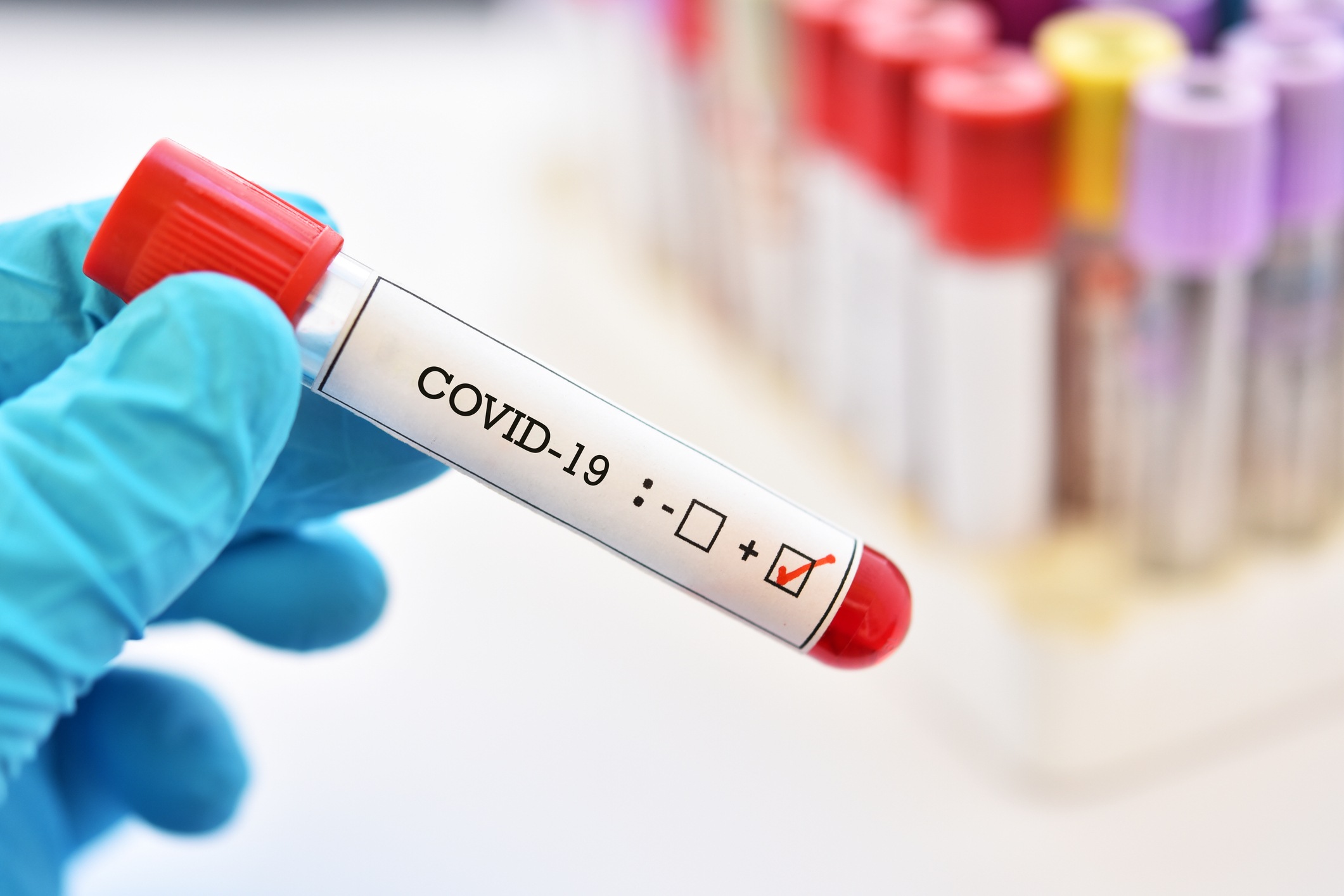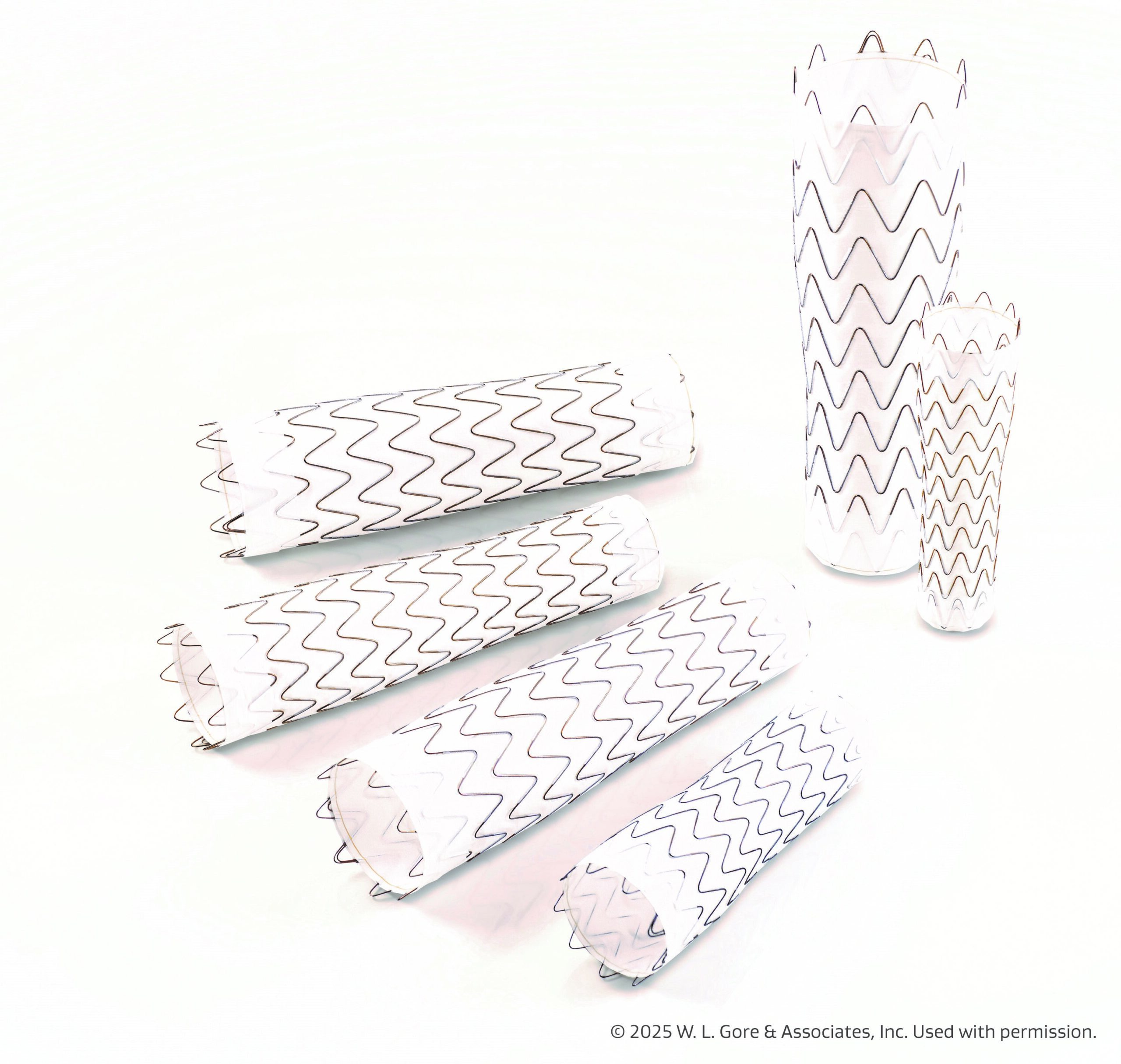
Concentrations of a particular enzyme that acts as a receptor for coronaviruses (including SARS-CoV-2) are higher in men than in women, a new analysis suggests.
“The current pandemic coronavirus SARS-CoV-2 infects a wide age group but predominantly elderly individuals, especially men and those with cardiovascular disease,” the authors wrote. “Higher concentrations of angiotensin-converting enzyme 2 (ACE2) might lead to increased vulnerability to SARS-CoV-2 in patients on renin-angiotensin-aldosterone system (RAAS) inhibitors.”
To assess the risk, the authors measured ACE2 concentrations in 1,485 men and 537 women with heart failure (the index cohort), and results were then validated in 1,123 men and 575 women (the validation cohort). Average age in the cohorts was 69 years for men and 75 years for women.
According to the study, the strongest predictor of elevated ACE2 concentrations was male sex (P<0.001). The use of ACE inhibitors, angiotensin receptor blockers (ARBs), or mineralocorticoid receptor antagonists (MRAs) were not independent predictors of plasma ACE2. The researchers also reported that ACE inhibitors (P=0.002) and ARBs (P=0.003) were independent predictors of lower plasma ACE2 in the validation cohort, while MRA use was a predictor of higher plasma ACE2 concentrations (P=0.04).
A new report @escardio today: plasma ACE levels in 2 large cohorts of heart failure patients were significantly higher in men. Can that help explain male>>female marked vulnerability and adverse #COVID19 outcomes? https://t.co/Pkw1ix86Fa pic.twitter.com/0IM546sJT9
— Eric Topol (@EricTopol) May 10, 2020
“In two independent cohorts of patients with heart failure, plasma concentrations of ACE2 were higher in men than in women, but use of neither an ACE inhibitor nor an ARB was associated with higher plasma ACE2 concentrations,” the authors wrote in the conclusion. “These data might explain the higher incidence and fatality rate of COVID-19 in men, but do not support previous reports suggesting that ACE inhibitors or ARBs increase the vulnerability for COVID-19 through increased plasma ACE2 concentrations.”
Lead author Adriaan Voors, MD, PhD, Professor of Cardiology at the University Medical Center Groningen in The Netherlands, emphasized in a news release that “Our findings do not support the discontinuation of these drugs in COVID-19 patients as has been suggested by earlier reports.”
The study was published in the European Heart Journal.
Circulating plasma concentrations of ACE2 in men & women with heart failure & effects of renin–angiotensin–aldosterone inhibitors
Plasma concentrations of ACE2 were higher in men
Neither ACEi nor ARB was associated w/ higher plasma ACE2 concentrationshttps://t.co/wzAkbdEopc pic.twitter.com/2DiU58HxEk
— Saman Nematollahi (@TxID_Edu) May 11, 2020
Men's blood contains > concentrations of enzyme that helps #COVID19 infect cells.
men with #heartfailure suffer more from #coronavirus > women@OxfordJournals @escardio https://t.co/oj5vXmfslB https://t.co/DCgjlzSxmx via @escardio @EurekAlert— Dr. Salim 🥼MD, FAMIA (@dr_salim_MD) May 11, 2020







 © 2025 Mashup Media, LLC, a Formedics Property. All Rights Reserved.
© 2025 Mashup Media, LLC, a Formedics Property. All Rights Reserved.